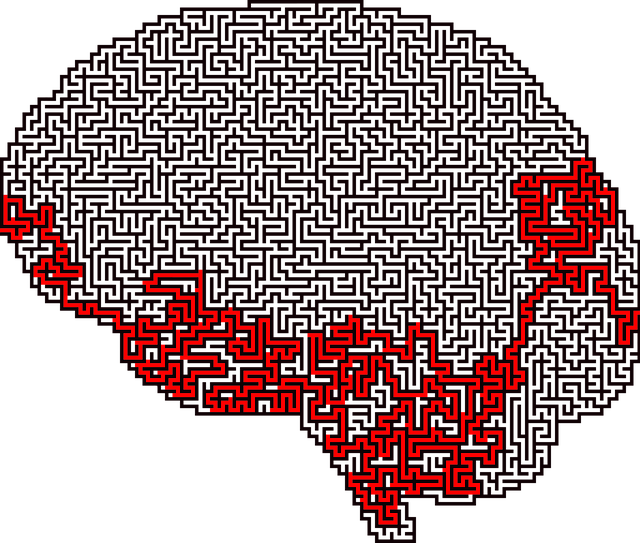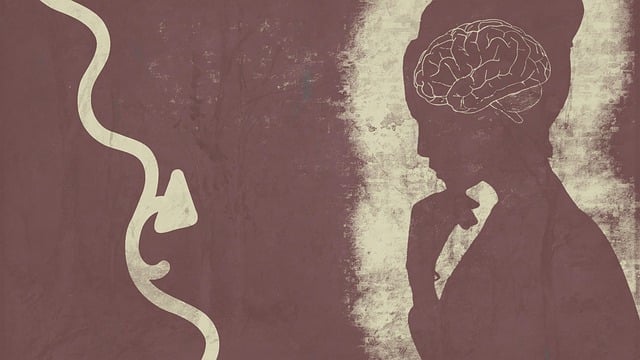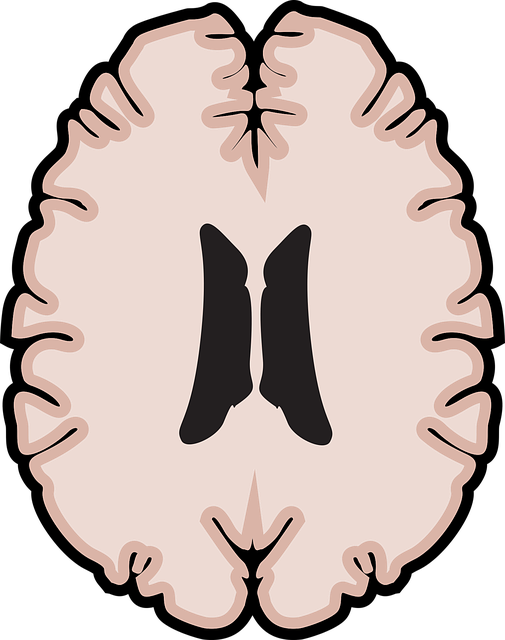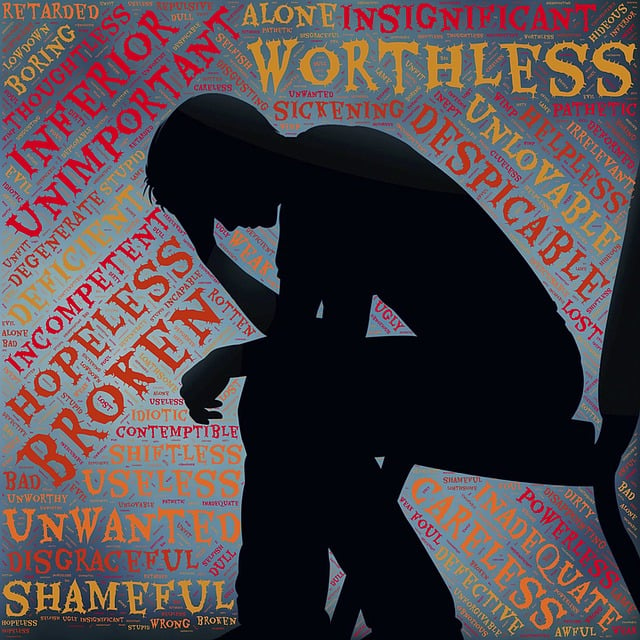In Colorado Springs, raising awareness about Obsessive Compulsive Disorder (OCD) is vital through educational initiatives and access to specialized Colorado Springs Obsessive Compulsive Disorder Therapy. This includes techniques like mindfulness meditation and CBT's Exposure and Response Prevention (ERP) approach. Advocacy groups challenge stigma, promote understanding, and empower individuals to seek treatment early, leading to improved mental wellness and quality of life for those affected by OCD.
In Colorado Springs, mental health advocacy initiatives are transforming lives, particularly for those grappling with obsessive-compulsive disorder (OCD). This article delves into the multifaceted approach to understanding and supporting individuals affected by OCD within the community. We explore the crucial role of advocacy in enhancing mental health support systems and highlight effective strategies for therapy and recovery. Additionally, we focus on building awareness and access to care for OCD in Colorado Springs, emphasizing the availability of specialized Colorado Springs Obsessive Compulsive Disorder Therapy.
- Understanding Obsessive Compulsive Disorder (OCD) in Colorado Springs Community
- The Role of Advocacy in Mental Health Support Systems
- Effective Strategies for OCD Therapy and Recovery
- Building Awareness and Access to Care for OCD in Colorado Springs
Understanding Obsessive Compulsive Disorder (OCD) in Colorado Springs Community

In Colorado Springs, raising awareness about Obsessive Compulsive Disorder (OCD) is a pivotal step in fostering understanding and support for those affected. OCD is a mental health condition characterized by intrusive thoughts and repetitive behaviors that individuals feel compelled to perform. Those living with OCD in Colorado Springs may struggle silently, often facing stigma or misunderstanding from their communities.
Through community initiatives focused on education and access to Colorado Springs OCD therapy, individuals can learn coping strategies such as mindfulness meditation and develop self-care routines for better mental health. By integrating self-care practices into daily lives, residents of Colorado Springs can enhance resilience and manage symptoms effectively, ultimately improving the quality of life for those navigating this complex disorder.
The Role of Advocacy in Mental Health Support Systems

Mental health advocacy plays a pivotal role in shaping supportive systems and ensuring individuals receive the care they need. It acts as a catalyst for raising awareness, challenging stigma, and promoting understanding around various mental health conditions, including Obsessive Compulsive Disorder (OCD). In Colorado Springs, OCD therapy has seen significant advancements due to dedicated advocates who fight for better access to specialized services. These initiatives drive the development of comprehensive treatment plans that often incorporate techniques like mindfulness meditation for emotional regulation.
Advocacy groups also contribute to strengthening local support networks by advocating for Trauma Support Services, which are crucial in addressing the complex needs of individuals with OCD and other mental health disorders. By raising awareness and providing resources, these efforts enable people to access appropriate care, fostering a sense of community and empowerment. This collective action ensures that emotional well-being becomes a priority, leading to improved outcomes for those seeking treatment for OCD or related conditions.
Effective Strategies for OCD Therapy and Recovery

In the context of Colorado Springs Obsessive Compulsive Disorder (OCD) Therapy, effective strategies focus on a multi-faceted approach to address the complex nature of this mental health condition. Cognitive Behavioral Therapy (CBT), particularly Exposure and Response Prevention (ERP), has proven highly successful in treating OCD. This therapy involves helping individuals confront and manage obsessive thoughts without resorting to compulsive behaviors, fostering coping skills development. By gradually exposing patients to anxiety-provoking situations, CBT empowers them to change their response patterns, leading to significant improvements in symptoms.
Integrating mental health awareness and depression prevention techniques within OCD therapy is essential. Educating individuals about the condition normalizes experiences, reduces stigma, and encourages proactive management. Additionally, teaching coping skills, such as mindfulness and stress reduction methods, equips patients with powerful tools to navigate challenging situations without exacerbating OCD symptoms. These strategies not only support recovery but also enhance overall mental well-being, promising a brighter trajectory for those navigating OCD in Colorado Springs.
Building Awareness and Access to Care for OCD in Colorado Springs

In Colorado Springs, efforts to build awareness and improve access to care for individuals dealing with Obsessive Compulsive Disorder (OCD) have gained significant traction. Local mental health advocacy groups have been instrumental in organizing educational workshops, support groups, and community events aimed at destigmatizing OCD and promoting understanding. These initiatives include the Mental Wellness Podcast Series Production, which offers valuable insights into coping strategies and personal narratives, fostering a sense of camaraderie among listeners.
By integrating self-care practices and confidence-boosting techniques, these advocacy efforts have empowered individuals to seek professional help for OCD. Colorado Springs Obsessive Compulsive Disorder Therapy has seen increased demand, with more people recognizing the importance of early intervention and specialized treatment. This shift in awareness has not only improved mental wellness but also enhanced the overall quality of life for many residents affected by OCD.
Mental health advocacy plays a pivotal role in creating supportive systems, especially for conditions like Obsessive Compulsive Disorder (OCD) in Colorado Springs. By increasing awareness and access to care through initiatives that highlight effective therapy strategies, the community can significantly improve outcomes for those living with OCD. Continued efforts to break down barriers to treatment are essential, ensuring that individuals in Colorado Springs receive the specialized therapy they need for a brighter, healthier future.














